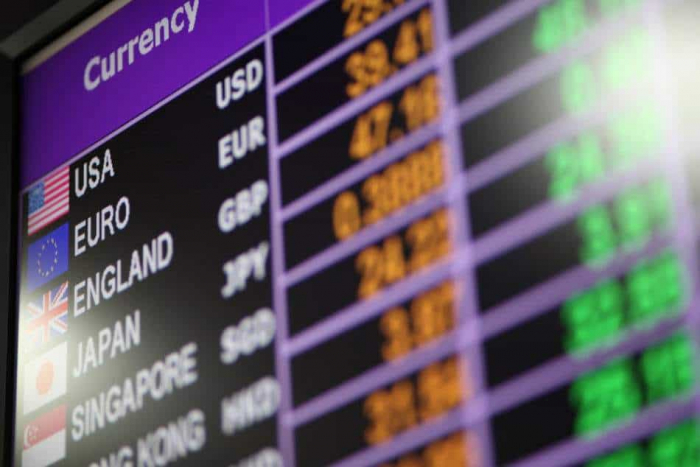Fixed exchange rates use a standard, such as gold or another precious metal, and each unit of currency corresponds to a fixed quantity of that standard that should (theoretically) exist. For example, in 1968 the U.S. Treasury determined that it would buy and sell one ounce of gold at a cost of $35. Other countries would establish their own cost for the equivalent ounce. A floating exchange rate means that each currency isn’t necessarily backed by a resource. Current international exchange rates are determined by a managed floating exchange rate. A managed floating exchange rate means that each currency’s value is affected by the economic actions of its government or central bank.
The managed floating exchange rate hasn’t always been used. The gold standard controlled international exchange rates until the 1910s. Another very similar system called the gold-exchange standard became prominent in the 1930s. This system allowed countries to back their currency not in gold but with other currencies on the gold standard, such as U.S. dollars and British pounds. The International Monetary Fund (IMF) was responsible for stabilizing the currency exchange rates until the 1970s, when the U.S. ended its use of fixed exchange rates.
The dwindling amount of gold resources forced the U.S. to give up any gold-controlled standard, and the international monetary system began to be based on the dollar and other paper currencies. Governments can stabilize their exchange rates by importing a smaller amount of goods and exporting a larger amount. Similarly, they can devalue other currencies to boost the status of their own by selling them to other countries. The gold-standard exchange and the IMF added stability to the world market, but it didn’t come without its own problems. Linking a currency to a finite material would make the markets inflexible and could potentially lead to one country’s being able to economically isolate itself from trade. With a managed floating exchange rate, countries are encouraged to trade.
More about: currency
















































